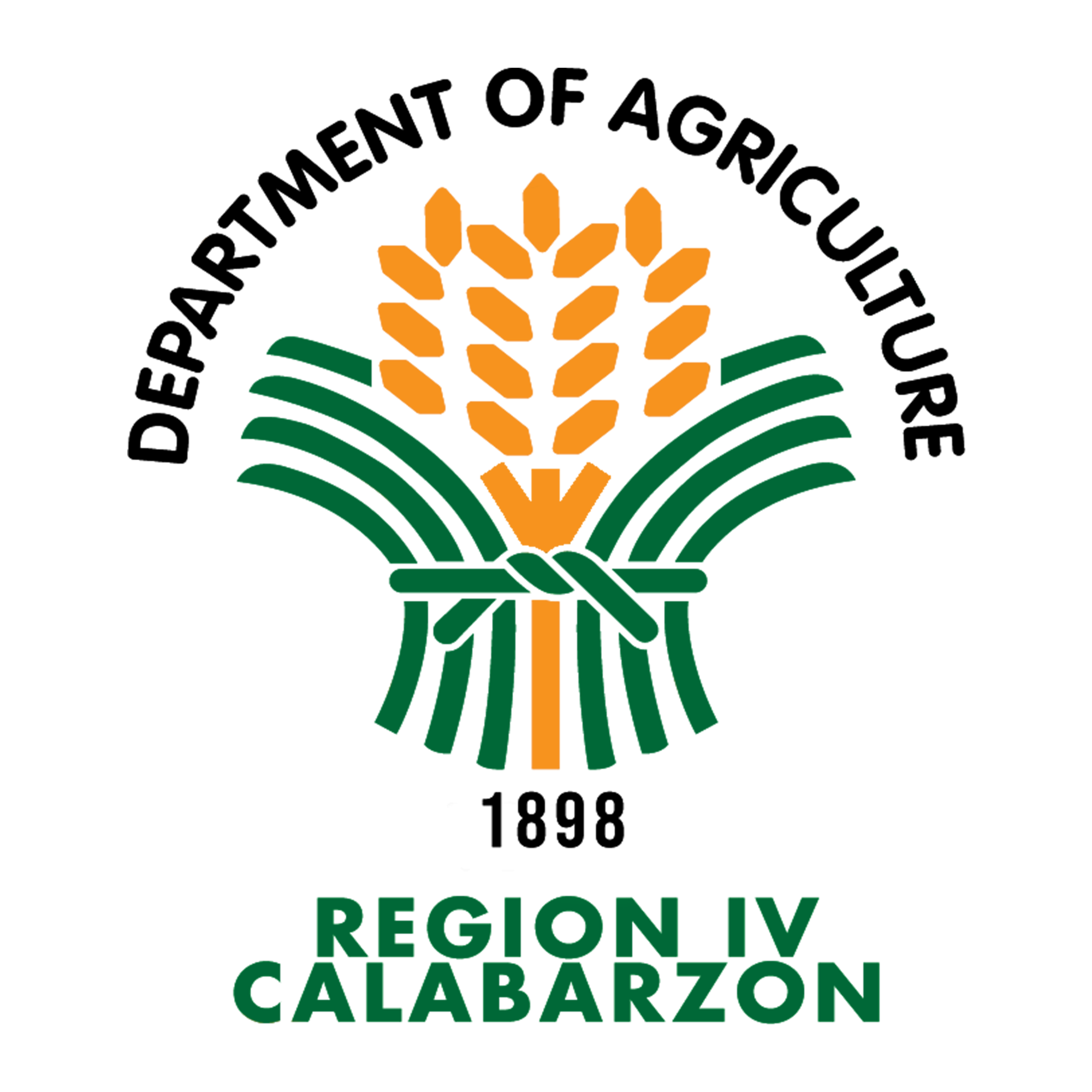“More PhilGAP-certified farms in CALABARZON!”
This is the vision of the Regional Good Agricultural Practices (GAP) Program Focal Person, Mr. Zaldy Calderon of the Department of Agriculture Region IV-CALABARZON – Regulatory Division during the recently held review and planning workshop for the implementation of GAP in the region on December 9, 2020, at ATI-ITCPH Training Center in Lipa City.
It was attended by GAP provincial counterparts and other DA CALABARZON key personnel who support the said program.
GAP refers to practices that address environmental, economic, and social responsibilities for on-farm processes that result in safe and quality food and non-food agricultural products.
As part of DA CALABARZON’s mandate to promote agricultural development in the region, it continues to encourage farmers, groups of farmers, and even government agencies managing farms to adopt GAP in their daily farm lives to ensure food safety, quality produce, proper environmental care, and good health, welfare, and safety of farmers and farm workers.
To realize this, the regional GAP team for DA CALABARZON regularly conducts GAP training for prospective applicants and assists them in preparing necessary documents and during pre- and actual inspection of their respective farms leading to certification.
As of December 2020, there is a total of 81 farms in CALABARZON certified as PhilGAP farms.
According to Research Division Assistant Chief Ms. Rosemarie Bautista-Olfato, one of the key proponents when the GAP program started in the region, some of the advantages of having GAP certification are as follows: it speaks the language of trade; it ensures the sustainability of farmers’ practice; it has a competitive edge; and it provides market opportunities.
Mr. Rolando Pega, a marketing coordinating officer of the Agap Farmers’ Association of Pangil, Laguna, sees how the GAP certification resulted in more companies reaching out to them. He is one of the members supplying to different establishments including Waltermart, Max’s Restaurant, Yellow Cab Pizza, Jollibee, and even through an online marketing platform like SAGANA.com.
“Simula no’ng naging GAP-certified ang spring onions namin, mas nakilala kami. Maraming mga company ang tumatawag sa amin para mag-deliver sa kanila,” Mr. Pega shared.
Meanwhile, GAP taught Ms. Jocelyn A. Hernandez of Masagana’s Farm in San Luis, Batangas, to discontinue bad practices and habits, including improper use of pesticides and the importance of record keeping. Maintaining the certification is not an easy task, but efforts have certainly paid off well.
“Nakakapagbenta na kami sa malls tulad ng Rustan’s. Nagugustuhan din ng mga mamimili ang produkto namin kasi maingat kami sa pag-ani at may packing house kami para rito…Dahil sa pagiging GAP-certified, mas mataas ang aming kinikita; nabebenta namin ang ampalaya nang 50 pesos sa mall kaysa sa iba na 20 pesos lang, kaya malaking tulong sa aming pamilya,” Ms. Hernandez said.
Mr. Pega and Ms. Hernandez are only two of the many farmers who continue to witness and experience the direct benefits of adopting GAP and having a PhilGAP certification for their respective farms.
For more information on PhilGAP certification, call 0998 571 0551, email at rfo4aregulatory@gmail.com, or visit DA CALABARZON Regulatory Division office at Tanco Drive, Brgy. Maraouy, Lipa City, Batangas. (RFL, DA-RAFIS)







 All content is in the public domain unless otherwise stated.
All content is in the public domain unless otherwise stated.